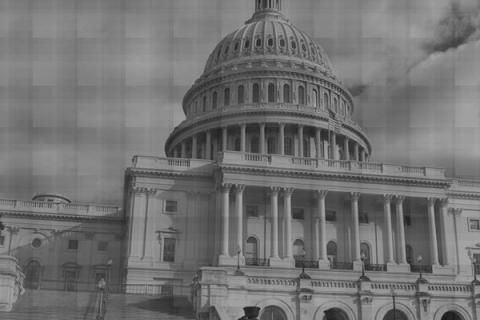 The topic of the ever-mysterious independent voter goes largely ignored until election time, when candidates and their consultants realize that re-election depends on winning their vote. The independent voter is often defined as someone in the middle, someone who is "too uninformed to decide," or someone who doesn't care enough to participate. Consultants spend a lot of money trying to inform these voters about how "in-the-middle" their candidate is, compared to the "other guy/gal," through negative ads and high priced mailers. They are quick to know how to talk to these independent voters, but rarely admit when their messages don't resonate.
The topic of the ever-mysterious independent voter goes largely ignored until election time, when candidates and their consultants realize that re-election depends on winning their vote. The independent voter is often defined as someone in the middle, someone who is "too uninformed to decide," or someone who doesn't care enough to participate. Consultants spend a lot of money trying to inform these voters about how "in-the-middle" their candidate is, compared to the "other guy/gal," through negative ads and high priced mailers. They are quick to know how to talk to these independent voters, but rarely admit when their messages don't resonate.
The independent voter is just a state of mind. It is humble enough to admit when it's wrong, but stubborn enough to resist knee-jerk negativity caused by sensationalized headlines and polarized political ads. Independent voters need to be persuaded, not told. They are largely the "undecided voters" because the choices offered by our two big parties haven't done enough to persuade them lately.
The independent voter isn't on the consultant's voter file. He or she is not reading their mailers. And if they do, its because, by chance, he/she glimpsed at the content on the way to the trash can, hoping that this time, maybe, this candidate had something meaningful to say.
The difficulty in defining an independent voter is because independents, by definition, are not bound by a common set of opinions or a rigid belief system. Independent voters span the entire political spectrum, not a portion of it. There are Republican independent voters. There are Democrats, Libertarians, Green, Peace and Freedom, and so on; they can be independents too.
What binds independent voters, in my opinion, is a common agreement that your party affiliation doesn't make you right all the time -- it doesn't make you wrong either.
Independent voters should be optimistic. The truth is we never have as much control over things as we would like to believe. Government policies effect the economy only on the margin. The only thing that has been consistent is that the consensus view is often wrong, often right.
That's why no matter how hard they try, the mathematicians and economists are usually wrong. Because we live in an irrational world in which emotion and premonition are far more powerful than rationality. Religion and philosophy offer structure to our unstructured world. The math wizzes put it all into numbers. Indeed, of all people, they know the limits of their math. Yet they continue to believe that they can cheat the randomness of life. The truly brilliant mathematicians are a fascinating collection of tortured souls.
But, we lurch forward nonetheless, largely because the young among us do not appreciate the peril of the past and instead focus on the intrigue that is the future. Will it be a "better" future?
It's an ugly world for most people. Americans are one of the few exceptions. And anyone who doesn't think the US will be fine in the long run isn't a pessimist or wrong - one is an emotion the other a guess - they're lazy and defeatist. We have everything as Americans - the fear of losing it is not an acceptable excuse to do so. And the competition of ideas from all sides of the debate is the healthiest way forward.
